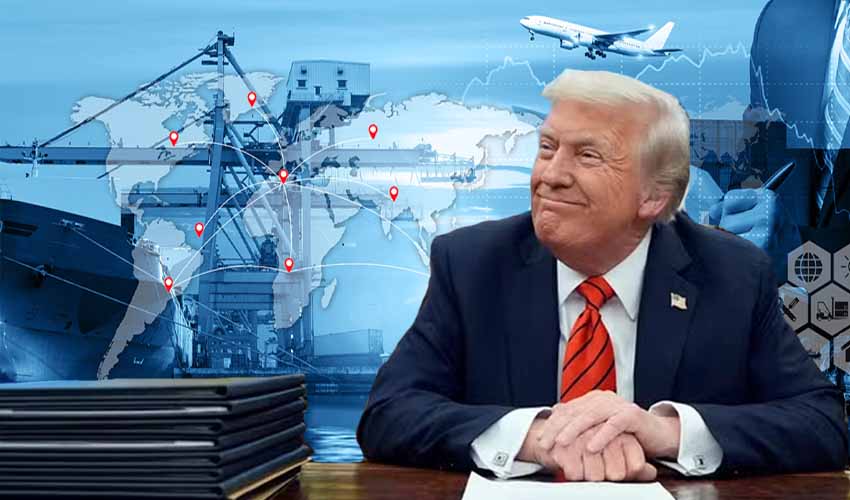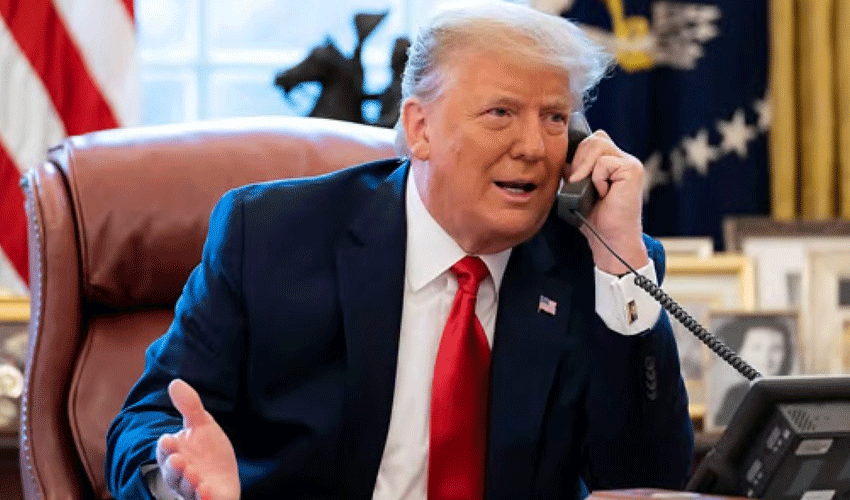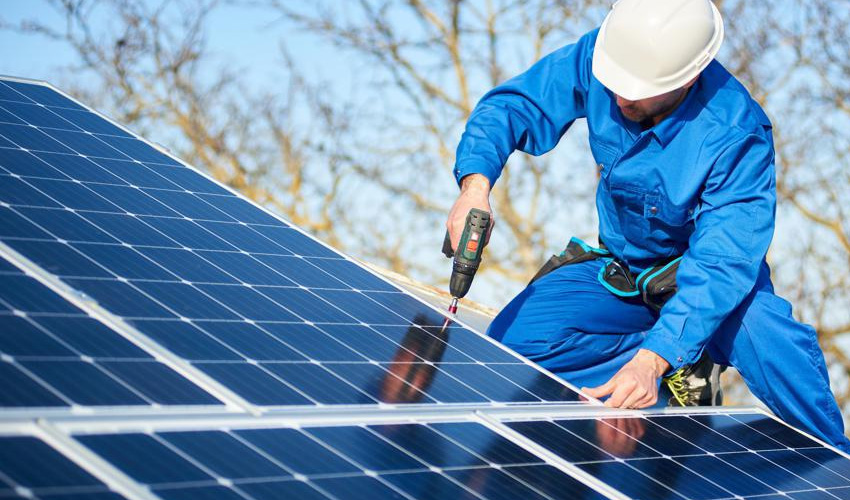The finest diplomacy is that which reduces the risk of war, safeguards national interests, and builds an atmosphere of trust between adversaries. A good diplomat’s greatest strength lies in patience and composure—never reacting emotionally or impulsively, but proceeding with a deep understanding of facts and foresight. Careful choice of words and a calm tone are their key tools, as a single phrase can either build or break diplomatic ties. True diplomacy prioritizes national interest over personal ego and maintains a posture that keeps the door to dialogue open—even for adversaries.
A seasoned and refined diplomat not only understands the interests of their own nation but also possesses insight into the history, culture, and psychology of the opposing country. This enables more effective negotiation. A successful diplomat balances firm principles with strategic flexibility, knowing when to assert and when to yield. In essence, diplomacy is a war of words that opens the door to peace and transforms crises into opportunities.
Iran’s war of words with the United States has now reached a turning point. What began with threats evolved into indirect talks, and has now, through calculated diplomacy, arrived at the negotiation table. Iranian Deputy Foreign Minister Abbas Araghchi and US Special Envoy Steve Witkoff are leading the negotiations in Oman. In such situations, US diplomats have traditionally relied on threats, pressure, and a domineering attitude. In contrast, Iranian diplomacy has remained focused on national interest, moving forward with strategic prudence and composure. At the center of this approach stands Abbas Araghchi—whose wisdom and resolve have brought Iran to the table, prioritizing long-term national gain over short-term political noise.
There is limited optimism within Iran about how far these talks will go. However, the political establishment places strong confidence in Araghchi’s skill and strategic acumen to represent Iran effectively.
Saeed Laylaz, an Iran-based political analyst, describes Araghchi as “the right man in the right position at the right time”. Armed with the Supreme Leader’s full mandate and an in-depth understanding of all facets of the nuclear issue, he is considered one of the most powerful foreign ministers in the Islamic Republic’s history. Araghchi played a central role in the 2015 nuclear deal, earning a reputation as a tough, calculated negotiator. Western diplomats involved in those talks with Iran and the six world powers viewed him as serious, technically knowledgeable, and straightforward.
Born in 1962 into a wealthy, religious merchant family in Tehran, Araghchi was 17 when the Islamic Revolution transformed Iran. Inspired by the fall of the US-backed Shah’s regime and the promise of a new future, he joined the Islamic Revolutionary Guard Corps to fight in the bloody 1980-88 war against Iraq. He joined the Foreign Ministry in 1989, served as ambassadors to Finland (1999–2003) and Japan (2007–2011), earned a PhD in political science from the University of Kent in the UK, and was appointed deputy foreign minister in 2013.
What truly sets Araghchi apart is his non-partisan approach. Despite close ties with Supreme Leader Ayatollah Khamenei, he has remained above factional politics and internal power struggles. He maintains strong relations across the political spectrum—including with the Supreme Leader, the Revolutionary Guards, and various political factions. A devout Muslim who strongly believes in the ideals of the Islamic Revolution, Araghchi has served under presidents whose instincts have ranged from pragmatic to hardline.


























